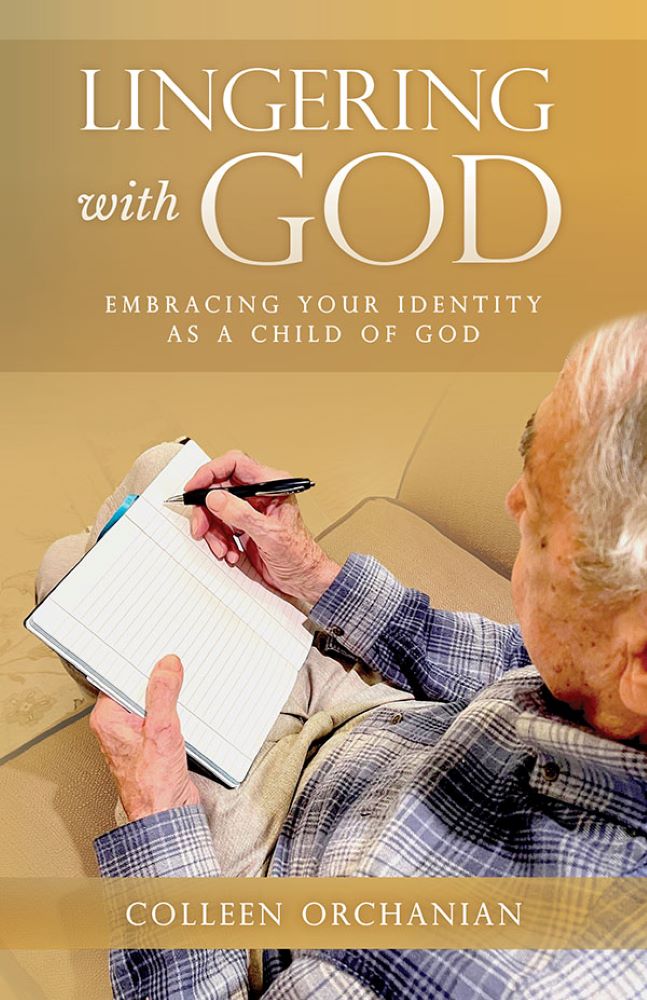Prayer and Fasting
.jpg) A friend's mother is having serious medical challenges right now. She (my friend) woke up with the words "fast and pray" on her mind and asked me how to do that. I'll share some thoughts in this blog that might be helpful for those who are wondering the same thing.
A friend's mother is having serious medical challenges right now. She (my friend) woke up with the words "fast and pray" on her mind and asked me how to do that. I'll share some thoughts in this blog that might be helpful for those who are wondering the same thing.
The first question is "Why do we fast and pray?" Easy question. The disciples asked Jesus to teach them to pray because they wanted to pray as Jesus did. We pray to grow closer to God. We fast for the same reason. Jesus said, When you fast… That tells us we are supposed to fast, we are supposed to make some sort of sacrifice. Fasting changes our focus from self to God and the one who we are fasting for. It's not about us and what WE want. It draws us closer to God and what He wants.
Let's consider how we can pray as we fast.
We might wonder what we should pray for. My dad was sick with cancer for a few years before dying. In the beginning, my prayer was for his healing. And there were times of healing when the cancer was in remission. But there came a point when the cancer returned and he declined further treatment. My prayer then became a happy death. I prayed for relief of pain for my dad, for comfort for my mother, for compassionate health care workers, and that my siblings and I would be a blessing during his final weeks.
How do we know when we should pray for a cure and when we should pray for a happy death? That's a hard question. We can pray as Jesus did in the Garden of Gethsemane. Father, if you are willing, take this cup from me, nevertheless, not as I will, but as you will. I can pray for both healing and God's will. And I trust God to do what is best.
When I discern the intention – what I'm praying for – then I choose the prayer or devotional. We can always pray spontaneously – in our own words. It can be a long prayer on our knees or a quick prayer for help as we go about the activities of our day.
Other times we might use vocal prayer. These are prayers written by another person, like the Lord's Prayer, written by God and taught by Jesus. It is considered the perfect prayer.
We might pray a rosary. I have had the privilege of praying a rosary at the bedside of several dying people. It is a calming prayer with a rhythm that soothes the soul. Another Catholic tradition is praying the Chaplet of Divine Mercy for someone who is dying.
We can also ask for intercessory prayers of the angels and saints. We ask their intercession because they are closer to God than we are and so their prayers are powerful. We can pray the prayer to St. Michael the Archangel, a prayer to protect someone from demons and evil spirits. We can pray to our guardian angel, asking them to speak to the angel of the person we pray for. We can pray to a patron saint – ours or the other person's. My patron saint is Therese of Lisieux, my confirmation saint. A patron saint can also be the one whose name you have. If your name is Peter, your patron saint is St. Peter, for instance. And we can pray to the Blessed Virgin Mary, mother of Jesus, our most powerful intercessor.
Don't forget to ask for intercessory prayer from your brothers and sisters in the Lord. I always appreciate when others are praying for me, but I sometimes hold back on asking for their prayers. It may be from pride – I don't want to share my struggles with others. Sometimes it's because I don't want to bother others with my needs when surely they have more difficult issues to deal with. Whatever it is, that hesitation to ask for prayer is not from God. We are made to live in community and to support each other through the trials of life. The most powerful way to do that is through intercessory prayer.
Finally, we can pray and offer up any task during our day for the intention we desire – cooking, cleaning, studying, driving, writing, and digging ditches. Everything I do can be an offering to God.
That's enough on prayer. There are as many ways to pray as there are people, and there are many wonderful resources to help you do that. Just begin. Ask God for what you need or what you desire for those you love.
Then fast. Proclaim a fast, said the prophets. We hear that verse read on Ash Wednesday. As a Catholic, I am called to fast on specific days of the year – Ash Wednesday and Good Friday. On these days I should eat only one full meal and two smaller meals that combined would not equal a single normal meal. I also fast from meat on those days. A lesser fast is called for during Lent, when we eat no meat on Fridays. Actually, every Friday is a day of fasting because it is the day of the Lord's Passion and Death, so I fast from meat on all Fridays of the year.
Jesus gave some instructions for fasting. He said, When you fast, don't make a big deal about it. Don't do it for show. Just do it. The fast is between you and God, it's not something you do so others think better of you. The goal is not to improve your diet. A holy fast is about our relationship with God. It is about purging disordered desires from our lives in order to help others.
We can fast from food – that's the most common fast. No meat on Fridays. No sweets. No alcohol. Some fast from seasoning their food or eat dry toast instead of having butter and jelly. My dad would fast from all food for two or three days at a time. This kind of fasting is about volunatarily saying no to something you enjoy – even something that is good for you, like food.
But food is not the only thing we can fast from. Some can't fast from food for health reasons. Some don't find it hard to fast from food, so they must look for something else to give up. Fasting is supposed to be hard, so we need to choose something that we really like. A priest friend fasts from social media on Fridays. Some people I know give up Facebook for Lent. We can fast from unnecessary speaking. We can fast from disagreeing with our spouse. We can fast from criticizing others. We can fast from television or watching the news. We can fast from yelling at other drivers when we're in traffic . We can fast from reading a romance novel or watching a football game. We can fast for a day, a week, a month, or a year. It is something we should do often, not just during Lent or on Fridays.
Fasting serves several purposes. It helps us with self-denial so that we learn to control our appetites. We fast to grow in holiness. We fast to unite our sacrifice with the sacrifice of Christ on the cross. We offer something to God in consideration of His mercy and grace. It's not a bribe. That would mean God's favor can be manipulated or bought. It cannot. We have nothing that God needs. We are simply offering our little gift of self-sacrifice out of love and asking for His mercy and grace for another person. Fasting is an act of love. When we fast, we acknowledge to God that our life is not about our own wants. We let go of our attachments for the good of someone else.
Choose a fast that is not easy. Choose a fast that can help you grow in virtue. Choose a fast that draws you closer to God. Then offer that fast to God for the intention you seek. For example, if I fast from social media for a week, I can unite that to my prayers for someone who struggles with pornography. If I fast from criticizing others, I can offer it for someone who has not been loved in this life. If I fast from a food I love, I can offer it for someone who often goes hungry. I don't need to know the person I am fasting for. God knows. We just need faith to know that it works and is pleasing to God.
There is one caveat to fasting and prayer. There are no guarantees that your prayers will be answered as you wish or that you will even know if they are answered. It doesn't mean your prayer and fasting was wasted. Nothing is ever wasted. We always pray that God's will be done and that we are able to accept His most perfect will. So we pray and fast and leave the rest up to God.
Questions for prayer:
-
Is there someone or something I should be praying and fasting for right now?
-
What kind of fast for me will be most pleasing to God?

